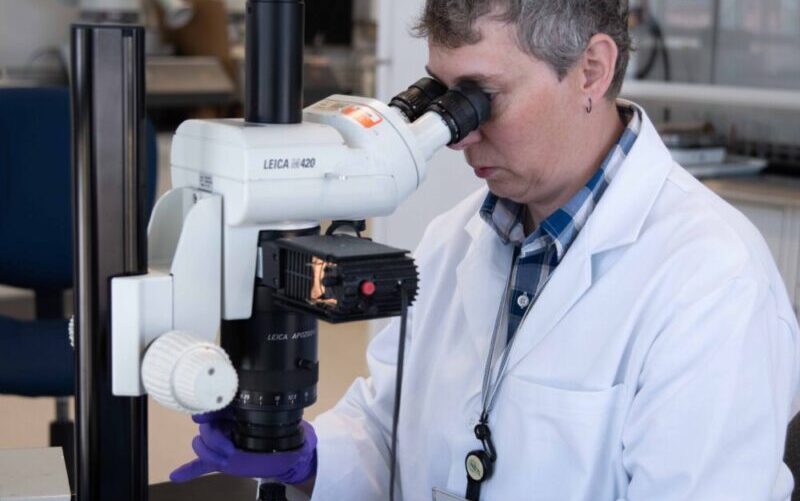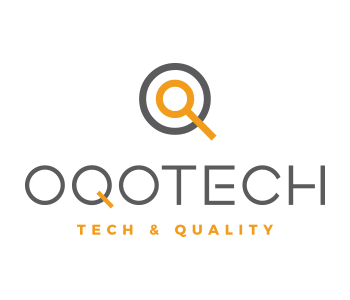
Data integrity compliance risks
Data integrity is compromised by internal and external factors. We analyze the factors that influence data integrity in a quality control laboratory.


When we speak of data integrity, we refer to the accuracy, readability, contemporaneity, originality and attribution (ALCOA) of a record throughout its life cycle.
The quality of a product is determined by the reliability and, therefore, the integrity of the data from the Quality Control Laboratory. For this reason, one of the main objectives of the regulatory agencies is to evaluate the transparency and control of the data.
A modification of the original data, intentional or unintentional, implies a violation of data integrity, and may be due to different factors that influence data integrity, both internal and external.
Below, we review what those factors are that can affect data integrity.
Factors influencing data integrity
In the quality control laboratories, a large amount of data is generated in the process of testing and analysis on materials and products in process and finished products. Each data has its own meaning and at the same time is interconnected with other data. The accuracy of the final result of each test or analysis depends on the accuracy of other relevant data.
The factors that influence data integrity in quality laboratories depend on both the analytical activities performed by the chemists and the use of the instruments employed in the process. Only when all the steps and mechanisms are working perfectly is data integrity assured.
We have grouped the factors that influence data integrity into internal and external to the laboratory:
Internal factors
The internal factors are related to the capacity of the human team involved in the process to carry out each task. In the execution of each task, quality assurance plays an important role.
The following situations can lead to the violation of data integrity:
Due to the performance of analyst chemists:
- Allow unqualified persons to carry out tests, trials or analyses.
- Lack of training of the people involved in good documentation and data recording practices.
- Inability of analytical chemists to understand written procedures.
- Poor investigation of OOS results or incidents or deviations that occurred during testing.
- Lack of attention or rigour to ensure elements necessary to maintain data integrity such as validity of chemicals, calibration of equipment or validation of test methods.
- An intentional approach to recording data without testing or falsifying it when there are no mechanisms to track the traceability of the data entered.
Due to the use of equipment and instruments:
- Unqualified equipment is used for testing and analysis.
- The computers are running vulnerable software that does not meet GxP requirements.
- We work with equipment that incorporates non-validated software.
- Inadequate maintenance of the equipment.
- Multiple locations of the information that makes version control difficult and can generate contradictory information.
- Undetected errors in the components of an instrument can produce erroneous results.
- Unavailability of appropriate equipment.
- Unavailability of appropriate times to perform the tasks.
External factors
External factors are often related to business strategies and pressures. The working culture in the laboratory and the business objectives directly and significantly influence the services provided by a quality control laboratory.
The following situations can lead to the violation of data integrity:
Relacionadas con la cultura de trabajo del laboratorio
- Double management criteria. For the regulatory agencies, data is managed according to good manufacturing practices (GMP), but the real management is done through oral instructions.
- The quality control laboratory informs the production department of the appropriate practices to be followed, however, it is obliged to work according to the business objectives.
- From the management, the laboratory’s work is treated as a mere procedure to comply with regulatory requirements without importance or priority in the process of ensuring product quality and data security.
- The company’s objectives are focused on production and delivery and not on quality functions.
Related to business objectives
- Profitability is of paramount importance over quality.
- Allocation of fewer resources to the laboratory, as part of the budget control process.
- Compromising the quality of the laboratory’s chemicals, as part of cost control.
- Not investing in data management tools that avoid data manipulation as part of the business strategy.
If you need help defining and implementing a data integrity policy in your company, at Oqotech we have more than a decade of experience helping companies in regulated sectors to guarantee the integrity of their data, qualify their equipment and validate their computerized systems. Contact our team.








